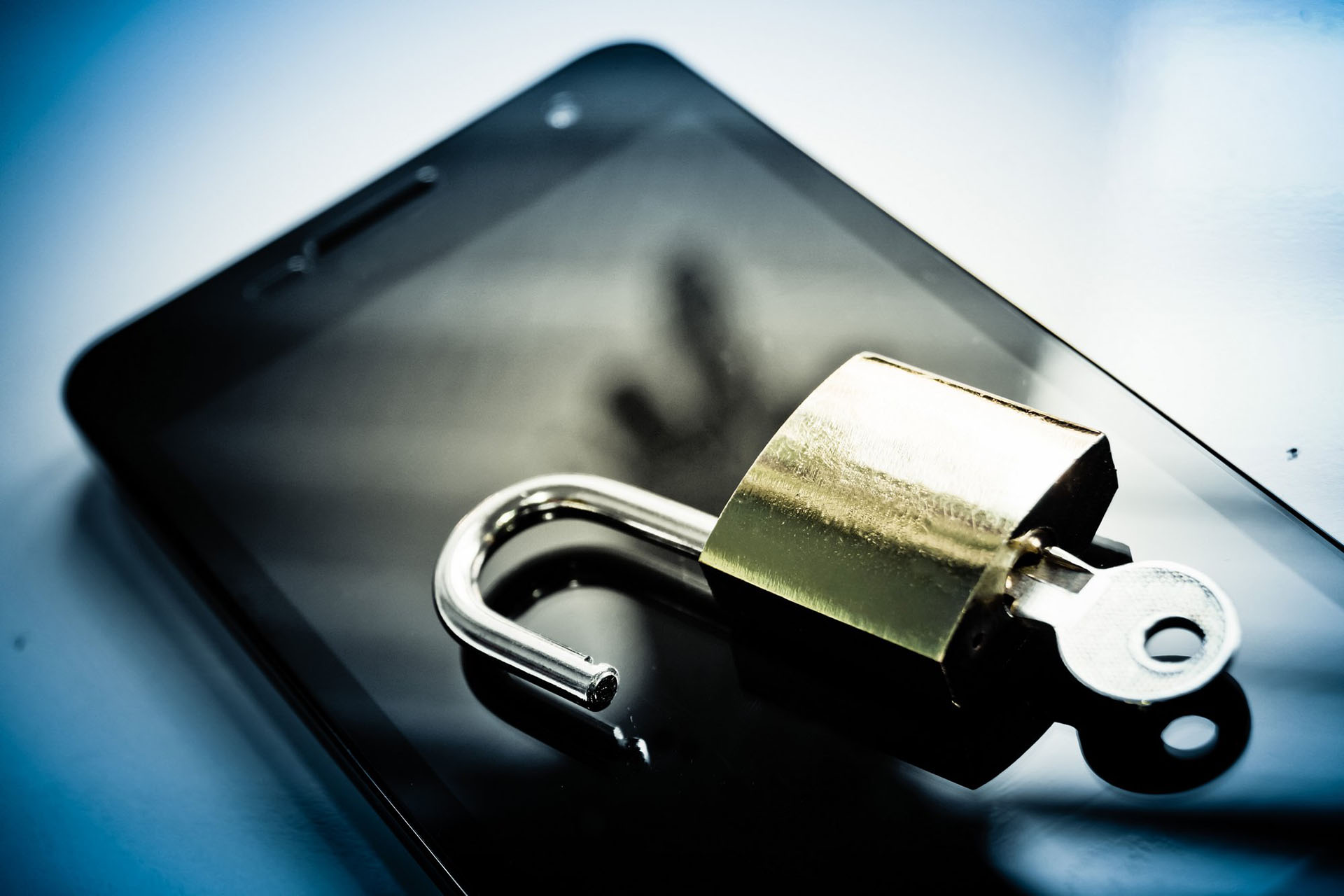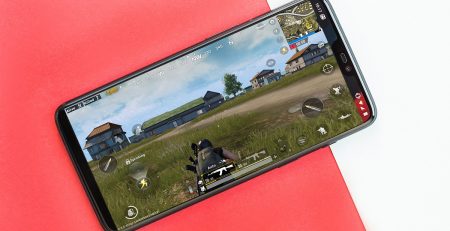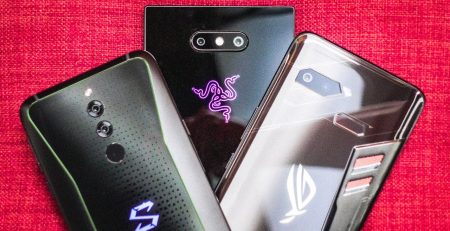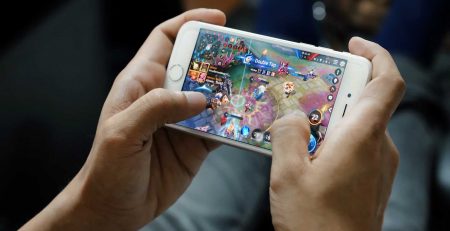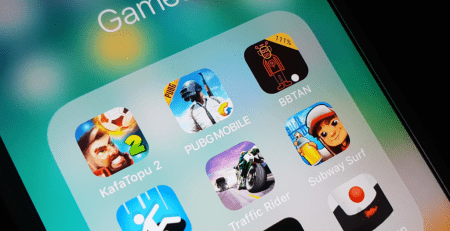How To Protect Your Privacy While Playing Mobile Games
Wondering how to protect your privacy while playing mobile games on your phone? You’re not the only one. Many people are looking for options that help keep your mobile phone protected while gaming. Mobile phones, cell phones, tablets, and laptops have become an integral part of our everyday lives. Unfortunately this makes them a target for potential theft or privacy invasion by thieves, hackers, and criminals,
We use our phones for shopping, communicating with family, work, healthcare, entertainment and just about everything else. It’s because of this familiarity that we often forget just how valuable the information stored in our mobile devices is. Today’s mobile phones contain important (and personally identifying information) including banking information, phone numbers, addresses.
It’s important to maintain a secure environment when playing mobile games on your phone to safeguard your data.
Dangers of Playing Free Games
We can download mobile games on compatible devices like mobile phones, tablets, and laptops. Some dangers of downloading paid and free apps involve security and privacy issues introduced by hackers and malware that can infect mobile devices. Many people have experienced devastating life consequences when their phones or mobile devices were hacked.
Personal information is at risk of being exposed through malicious codes disguised as downloads in some mobile apps and games. It’s important to verify the reputation of an app developer and read several app reviews before downloading a new app or game to your mobile device. If you see too many red flags, save yourself the trouble — don’t download the app!
Hackers
A hacker is someone with knowledge of computer hardware and software who uses that knowledge to gain unauthorized entry to computer servers, networks, and apps. Anyone with relevant knowledge and experience can be a hacker. The primary goal of hackers is to gain access to computer networks and information for entertainment or malicious use.
Some hackers use malware like viruses to access computer systems and networks to view or steal protected information.
Malware
Malware is malicious software that is embedded into a phone or computer to cause damage to programs, servers, or networks.
Malware is placed by hackers, criminals or other people who want to gain access to your personal information(without) your permission.
Privacy
Hackers and criminals try to gain access to your personal data by infecting computers, phones, and other mobile devices with malware. Privacy issues happen when the effects of these privacy or malware attacks are successful. In a worst-case scenario, it may expose personal information.
This means that hackers, criminals, and other malware professionals may have access to sensitive and personal data like credit card numbers, banking data, addresses, phone numbers, and other sensitive information typically found stored in mobile phones.
8 Ways to Protect Your Privacy While Playing Mobile Games
On-Device Software Updates. Help resolve potential data breaches, and update codes that prevent hackers from installing malware on your devices.
Verify App Developer. Only download apps from trusted developers. Review the developer website and user reviews, take special note of a high number of complaints about ads, suspected malware, or other repetitive complaints. This is a sign of a poorly developed app and also an app that may contain harmful content or malicious software.
Use Antivirus Software. Installing antivirus software from a verified and trusted developer is another way to protect your phone while gaming. They design antivirus software to work in the background to protect your mobile device from phishing attempts, malware, and other software attacks.
Check app permissions. Verify which apps have access to your sensitive personal data and turn off permissions for apps that shouldn’t have access
Update Apps and Operating Systems. Protect your mobile device by installing the latest security updates and virus definitions. Update both your mobile device’s internal operating system and the apps and games installed via app stores like Apple or Google Play.
Use Strong Passwords. Taking the time to create strong passwords can save you a headache in the long run. Use a combination of words, letters, and symbols, that are easy for you to remember, but hard for someone else to guess.
Enable Two-Factor Authorization. Turn on 2FA via the settings menu in your mobile device and in individual apps. Two-factor authorization gives your data an added layer of security when a secondary form of authorization is required before allowing access to sensitive information.
Only Engage with Trusted Sources. Beware of the information you’re sharing on public websites and social media sites online. Only engage with trusted or verified sources (and people you actually know in real life.)The same is true for responding to emails and downloading attachments that may contain malware or links to phishing scams.

